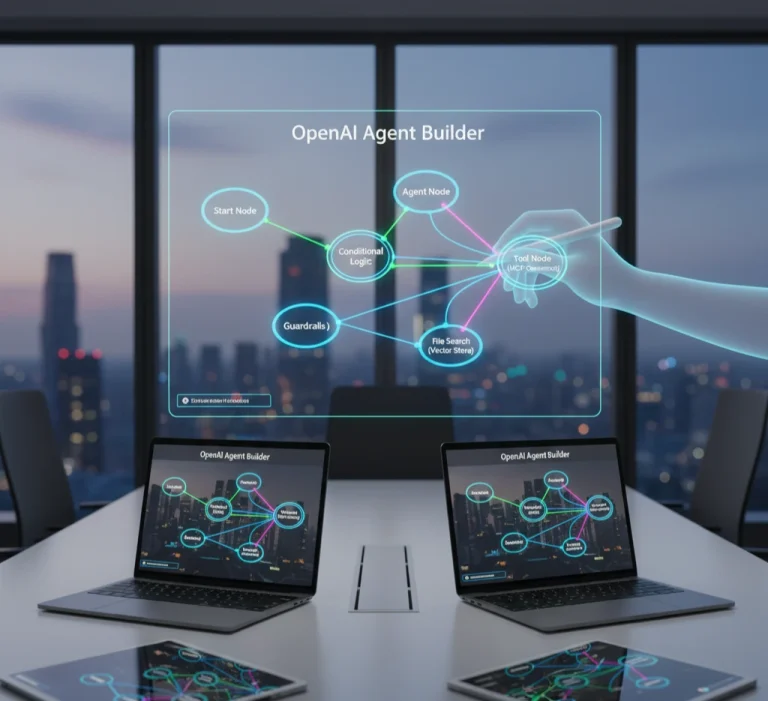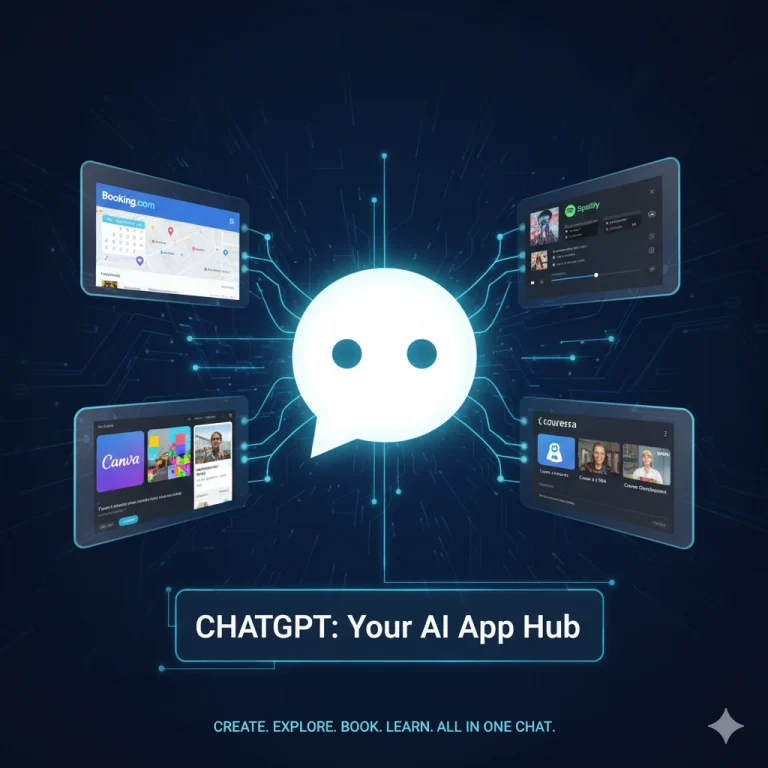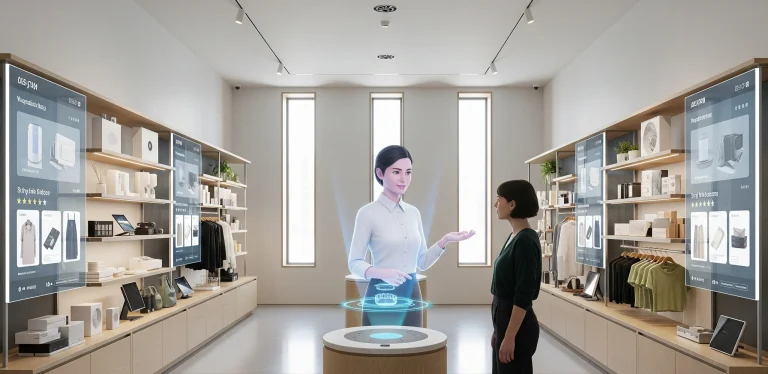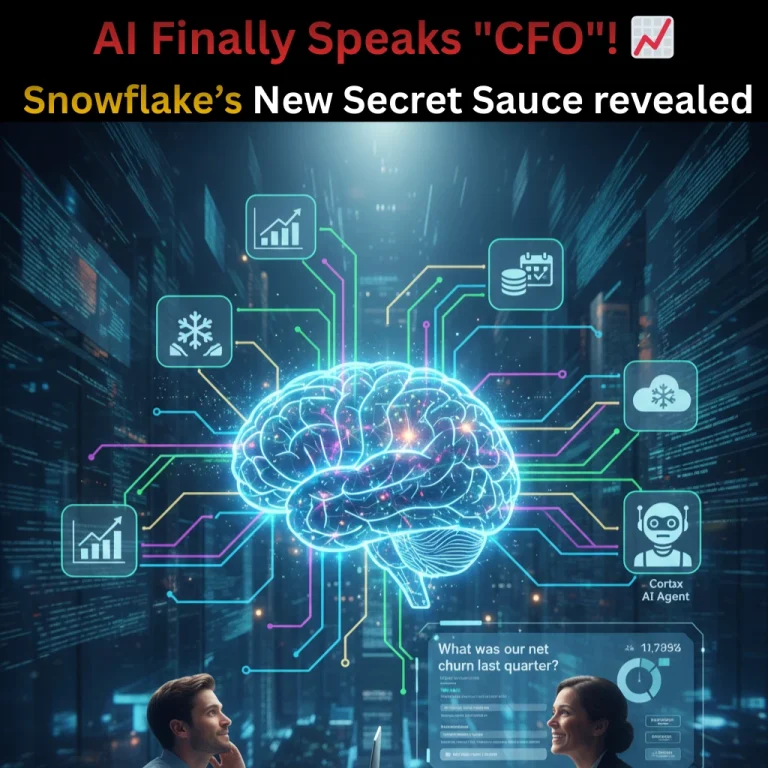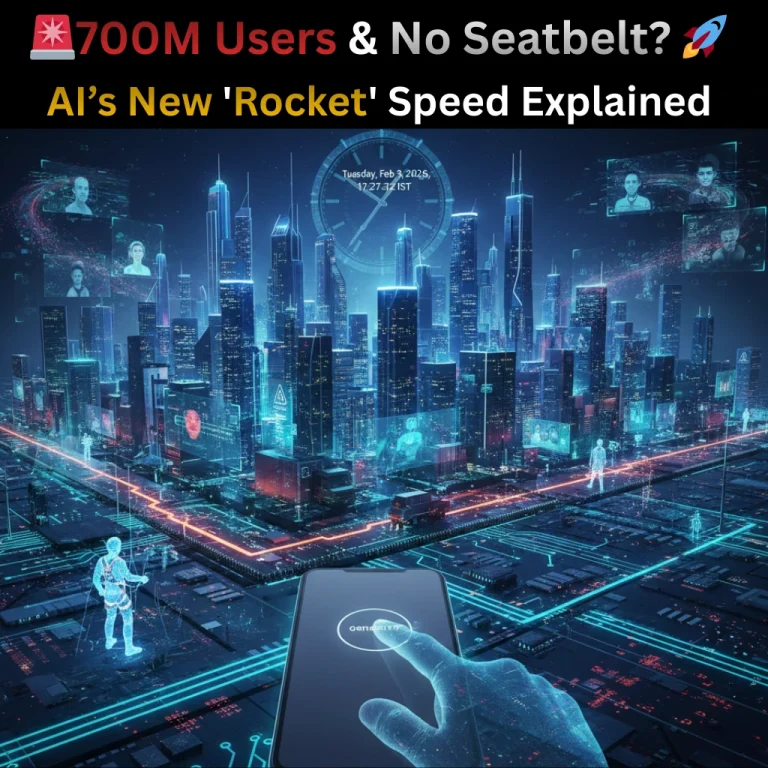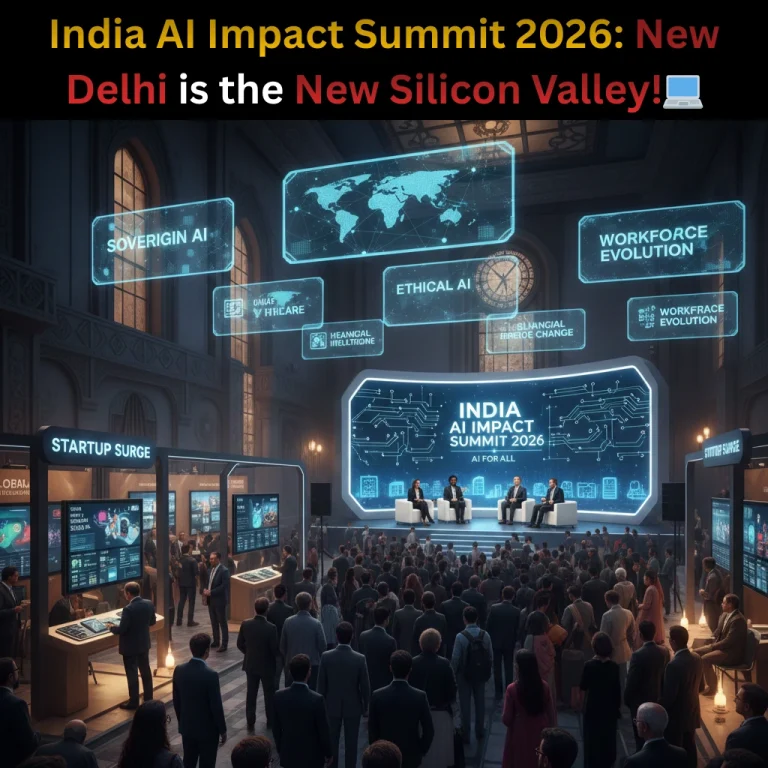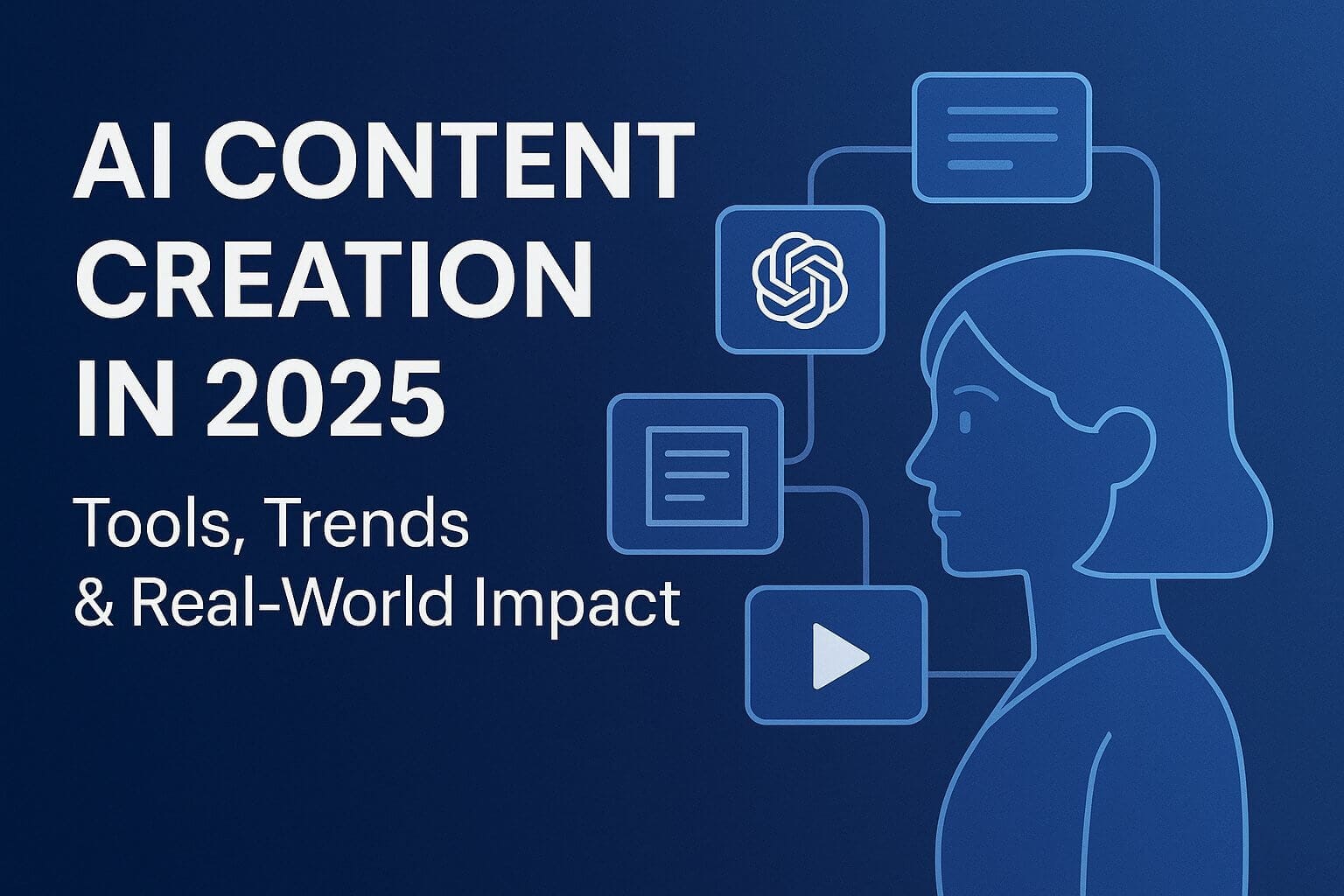
In 2025, the realm of content creation is experiencing a revolutionary transformation, largely driven by advancements in artificial intelligence (AI). What was once the sole domain of human creativity is now increasingly augmented and accelerated by powerful AI tools.
From generating compelling copy for blogs and social media to producing stunning visuals and engaging videos, AI content creation is becoming an indispensable part of digital strategy for creators and businesses alike.
This article explores why creators use AI, how it shapes content, top tools, key ethical concerns, and real brand success stories.
Why Creators Are Turning to AI
The demand for high-quality, engaging content is at an all-time high, but resources, time, and budget are often limited. This is where AI for content creation steps in as a game-changer. AI offers unprecedented capabilities to:
- Boost Efficiency and Productivity: AI can automate repetitive tasks like drafting outlines, generating initial concepts, or summarizing long documents, significantly reducing the time spent on content production. In fact, content creators using AI publish 42% more content per month compared to those who don’t.
- Scale Content Production: Businesses can generate a higher volume of content across various platforms (blogs, social media, email) without proportionally increasing human resources.
- Enhance Creativity: Moreover, AI helps beat writer’s block by suggesting fresh ideas and angles that might otherwise be missed.
- Personalize Content: AI enables the creation of highly personalized content tailored to individual audience segments, improving engagement and conversion rates. Optimize for SEO: Many AI content creation tools incorporate SEO best practices, helping content rank higher in search results.
- Optimize for SEO: Many AI content creation tools incorporate SEO best practices, helping content rank higher in search results.
In India, the adoption of AI is rapidly accelerating, with 73% of Indian businesses expecting to expand their AI use in 2025, highlighting a strong embrace of AI for enhanced productivity and innovation across various functions, including content.
Text, Image, and Video Content with AI
AI’s influence on content creation spans all major formats:
- Text Content: AI writing tools are perhaps the most widespread, aiding in everything from blog post outlines and full drafts to ad copy, social media captions, and email newsletters. They can adapt to various tones and styles, making content creation faster and more consistent. This includes generating answers for AI Overviews in search results.
- Image Content: AI image generators are transforming visual storytelling. AI creates unique visuals from text, replacing stock photos and costly photoshoots.This is particularly beneficial for social media content AI where visual appeal is paramount.
- Video Content: The production of video, traditionally resource-intensive, is now being streamlined by YouTube AI tools and other video generators. From scripts to editing, AI makes professional video accessible through avatar creation and translation.
All of this is made possible by breakthroughs in generative AI at their core.
Top Tools for Content Creation in 2025
The market for AI tools for content creation is booming. Here are some of the leading platforms proving their worth in 2025:
Text Generation
- ChatGPT (OpenAI): The versatile language model for generating ideas, drafting articles, summarizing text, and translating.
- Jasper AI: Specializes in long-form content, marketing copy, and maintaining brand voice across various content types.
- Writesonic: Known for its AI Article Writer and its focus on optimizing content for the “AI Overviews” of tomorrow’s search engines.
Image & Design
- DALL·E 3 (OpenAI): For creating highly detailed and accurate images from text prompts.
- Canva Magic Studio: Integrates AI directly into popular design templates for easy visual content generation and editing.
- Midjourney: (Often mentioned alongside DALL-E) excels at generating unique, artistic, and visually stunning images from prompts, favored by many for its aesthetic capabilities.
Video & Audio
- RunwayML: A pioneer in AI video generation, offering text-to-video, inpainting, and other powerful video editing features.
- Synthesia: Focuses on generating professional videos with AI avatars from text scripts, ideal for training videos, presentations, and marketing.
- Descript: Additionally, while primarily an audio/video editor, its AI features for transcription, filler word removal, and eye contact correction significantly streamline the production process for YouTube AI tools users.
Quality Control & Ethical Concerns in AI Content Creation
While AI content creation offers immense benefits, it’s crucial to address the associated quality control and ethical concerns:
- Accuracy & Fact-Checking: AI models can “hallucinate” or generate factually incorrect information. However, a critical balance must be maintained: While AI offers incredible efficiencies, it’s crucial to remember that human oversight and rigorous fact-checking remain essential, especially for sensitive topics.
- Originality & Plagiarism: AI models are trained on vast datasets, raising concerns about potential plagiarism or generating content that closely resembles existing work. Tools for AI content detection are emerging, but human review for originality is vital.
- Bias: If trained on biased data, AI-generated content can perpetuate and amplify existing societal biases (e.g., gender, racial, cultural). Content creators must be vigilant in identifying and mitigating bias.
- Authenticity & Brand Voice: Over-reliance on AI can lead to generic, uninspired content that lacks a unique human touch or brand voice. Human editors are critical for refining tone, style, and ensuring authenticity.
- Copyright & Authorship: The legal and ethical frameworks around copyright ownership for AI-generated content are still evolving. Questions arise about who owns the content, the AI developer, the user, or society.
- Transparency: Audiences often prefer to know if content is AI-generated. Transparency builds trust and manages expectations.
Best Practices for Quality Control
- Human Review: Always have human experts review and edit AI-generated content for accuracy, tone, and coherence.
- Fact-Checking: Verify all facts and statistics from reliable sources.
- Brand Voice Guidelines: Provide clear guidelines to AI tools and ensure outputs align with your brand’s unique style.
- Plagiarism Checks: Use detection tools and human discretion to ensure originality.
Case Studies: Real Brands Using AI
Leading brands are already demonstrating the power of AI in content creation:
- Farfetch: Luxury fashion platform used AI tools for better email copy and subject lines. This resulted in a 31% surge in average open rates and a 38% increase in click rates for triggered campaigns, all while maintaining their sophisticated brand voice.
- Nutella: For a campaign in Italy, Nutella famously used a generative algorithm to create 7 million unique jar labels. Every single one of these personalized jars sold out, leading to over 10,000 social media posts from delighted customers, effectively turning buyers into micro-influencers.
- Cashify (India): A re-commerce company, Cashify, saw a 15% increase in conversions by using Google’s AI Max for Search Campaigns in an early test. This demonstrates how AI is being leveraged even in India for optimizing ad creative and targeting to connect with relevant content.
- Shopify, Instacart, Airbnb: These major brands are reportedly using AI marketing tools internally to gain a competitive edge, leveraging AI for data analysis, trend identification, and streamlining various marketing operations.
Conclusion
AI content creation in 2025 is not about replacing human creativity but augmenting it. AI tools handle drafting, research, and optimisation, allowing creators to focus on strategy, storytelling, and adding a human touch.
As AI technology continues to evolve, content creation will become even more personalized, efficient, and innovative. The future of content creation will largely be shaped by those who master the art of working with AI.
Content creation will evolve even further, so explore what’s next in AI trends.
FAQs
Find answers to common questions below.
Is AI content good for SEO?
Yes, many AI tools help optimize content directly for search engines, aiming for better rankings and even preparing for new features like AI Overviews.
Can AI write my entire blog post?
AI can draft full articles and outlines, but human review is crucial to ensure accuracy, originality, and to maintain your unique brand voice.
What's the biggest risk of using AI for content?
The main risk is AI "hallucinating" or generating incorrect facts. That's why human fact-checking is always essential, especially for sensitive topics.
Will AI replace content writers soon?
No, AI is seen as an augmentation tool. It handles repetitive tasks, freeing up human creators for strategy, storytelling, and adding the vital human touch.

